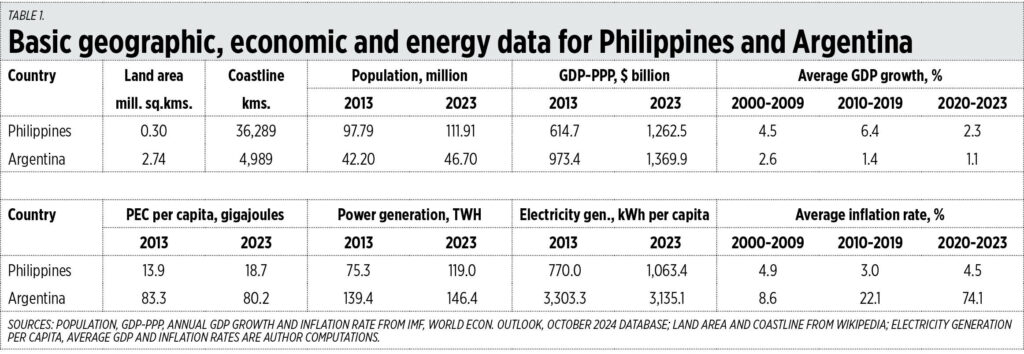Terra Solar seeks ERC nod for connection facility
SOLAR DEVELOPER Terra Solar Philippines, Inc. (TSPI) is seeking approval from the Energy Regulatory Commission (ERC) to establish a transmission facility for its P200-billion solar power and battery energy storage project.
TSPI aims to develop, own, and/or operate dedicated point-to-point limited transmission facilities to connect its power project to the Luzon grid, according to its filing with the ERC.
“Connecting the Terra Solar Project to the Luzon grid via bus-in connection along the Nagsaag-San Jose 500-kilovolt (kV) Transmission Line is an essential requisite to the plant’s commercial operations scheduled in the first quarter of 2026,” the company said.
The company is constructing a 3,500-megawatt-peak (MWp) solar power plant and a 4,500-megawatt-hour (MWh) battery energy storage facility in Central Luzon.
Now known as MTerra Solar, the project is targeted to be completed by 2027 and is expected to provide clean energy to more than two million households.
“After a thorough review of the available options, TSPI determined that the bus-in connection along the Nagsaag-San Jose 500-kV Transmission Line is the most cost-effective and technically viable option for the immediate interconnection of the Terra Solar Project,” the company said.
Once completed, the operation, service, and maintenance of the said facilities are proposed to be undertaken by the National Grid Corp. of the Philippines, consistent with the decision of the commission on similar applications, it said.
MGen Renewable Energy, Inc., the renewable energy arm of Meralco PowerGen Corp. (MGen), holds a controlling stake in SP New Energy Corp. MGen is a subsidiary of power distributor Manila Electric Co. (Meralco).
Last month, the companies officially broke ground for the MTerra Solar Project, marking the full swing of its construction.
TSPI tapped state-owned firms China Energy Engineering Group Co., Ltd. and Power Construction Corp. of China Ltd. for the construction of the project.
The company also inked a contract with Meralco Industrial Engineering Services Corp. to design and construct critical infrastructure that will connect the solar plant to the Luzon grid.
The total contract price amounts to P7.8 billion, while about $116.9 million (approximately P6.8 billion) was allocated for offshore equipment.
The MTerra Solar project is set to deliver electricity under a 20-year, 850-MW mid-merit power supply agreement to Meralco.
Meralco’s controlling stakeholder, Beacon Electric Asset Holdings, Inc., is partly owned by PLDT Inc.
Hastings Holdings, Inc., a unit of PLDT Beneficial Trust Fund subsidiary MediaQuest Holdings, Inc., has an interest in BusinessWorld through the Philippine Star Group, which it controls. — Sheldeen Joy Talavera
















